Inside The War On Women’s Looks And Body Shaming In Hollywood, Expert Tells All
By Kelly Coffey-Behrens on May 21, 2025 at 1:00 PM EDT
Updated on May 23, 2025 at 8:42 AM EDT
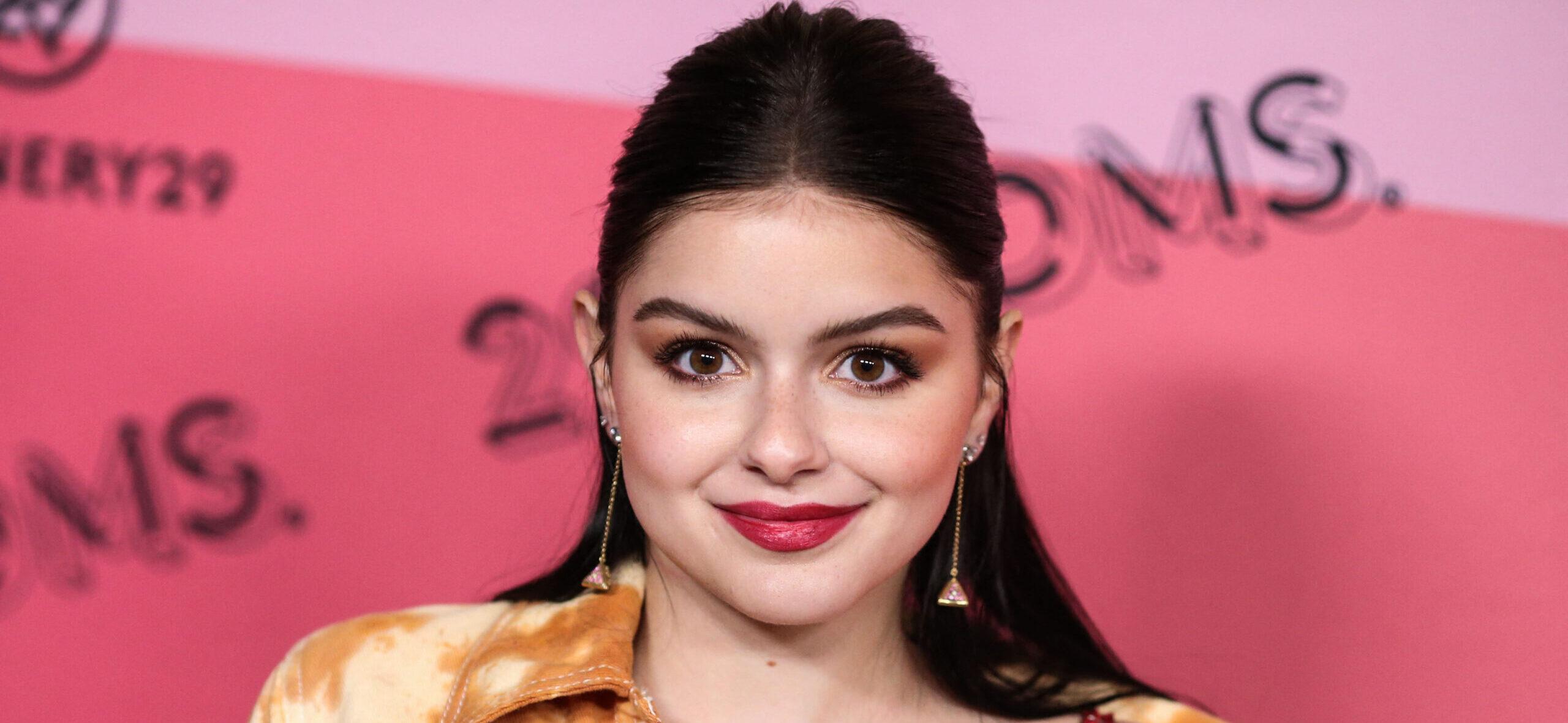
From red carpets to talk shows, the conversation around celebrity appearances and body shaming is louder and harsher than ever.
But beneath the surface of viral headlines and Twitter threads lies a darker truth. The long-term psychological damage is caused by body shaming and society's relentless obsession with perfection.
Just ask Ariel Winter. The "Modern Family" star recently revealed that she began experiencing body shaming as early as age 11, when she first stepped into the Hollywood spotlight.
Ariel Winter Faced Body Shaming Before She Was Even A Teen

In a candid interview, she opened up about body shaming, describing how the cruel comments from online trolls and tabloid headlines shaped her adolescence and her self-esteem.
"She's a lot curvier than she was," critics would say, long before she was even a teenager. The conversation often had nothing to do with her acting chops and everything to do with her changing body.
Unfortunately, she's not the only victim of body shaming.
Kelly Osbourne Was Criticized More For Her Weight Than Addiction
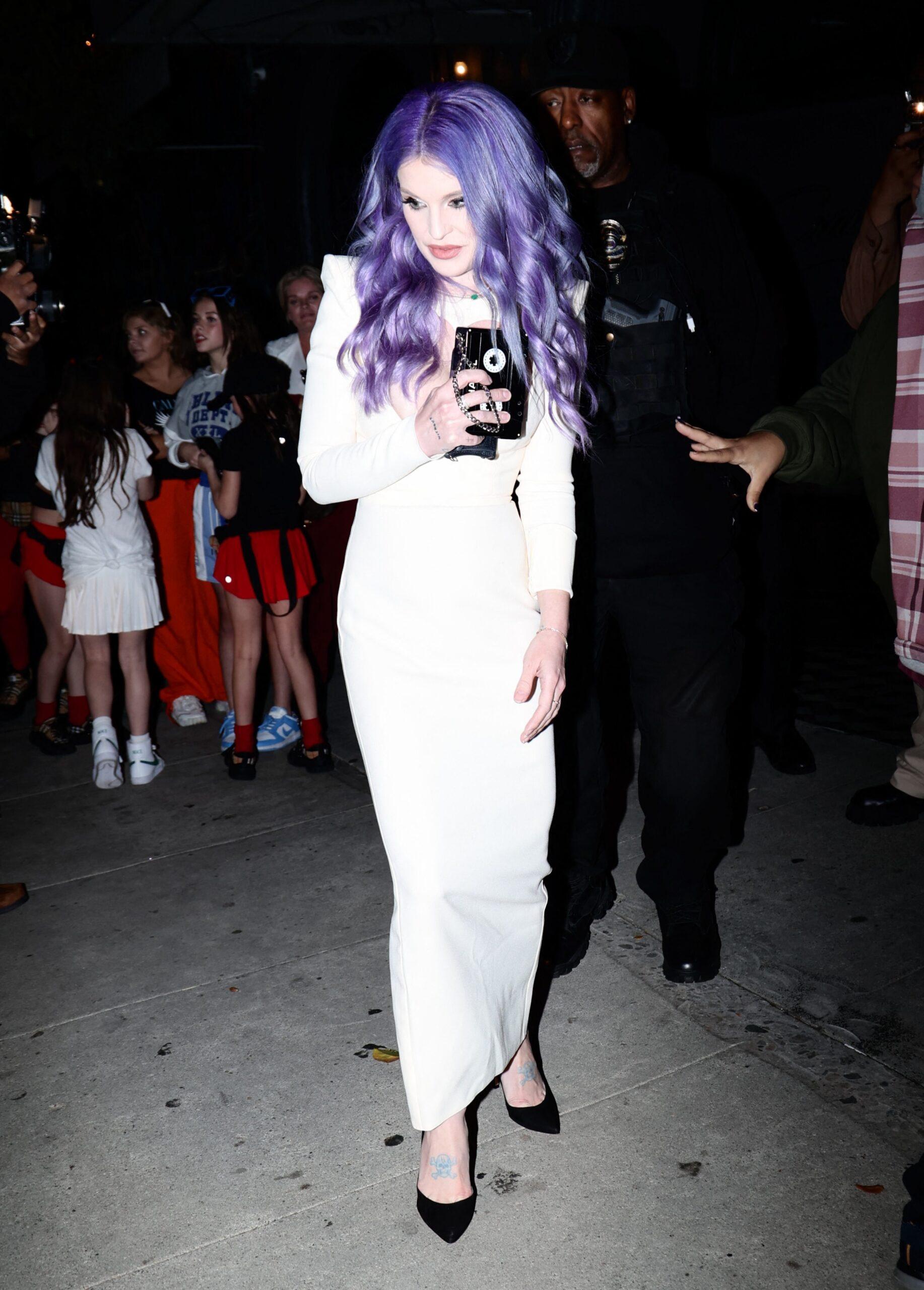
Kelly Osbourne also opened up recently about being more publicly scrutinized for her weight than for her very real, very public struggles with addiction. "I got more backlash for being fat than I did for being a f-cking drug addict," she told Yahoo! Entertainment.
These revelations strike at the heart of a toxic double standard in the entertainment industry, one that certified positive psychology coach and author Diane Lang knows all too well.
"Body shaming as a child can lead to body image issues, eating disorders, depression, and low self-worth as an adult," Lang told The Blast exclusively. "We start to suppress the shame, and it affects our self-worth. We don't feel good enough."
Lang, author of "Worthy," said this feeling often lingers well into adulthood, especially for those in the public eye.
"As adults, we realize society wants us to look a certain way," she explained. "We struggle to fit into a mold that's usually unrealistic, and that leads to feeling unattractive or inadequate. Social media and mainstream media confirm these insecurities, creating a cycle of negativity."
And the body-shaming cycle doesn't seem to be slowing down.
Madeline Brewer Falls Victim To Body Shaming Despite Her Talent
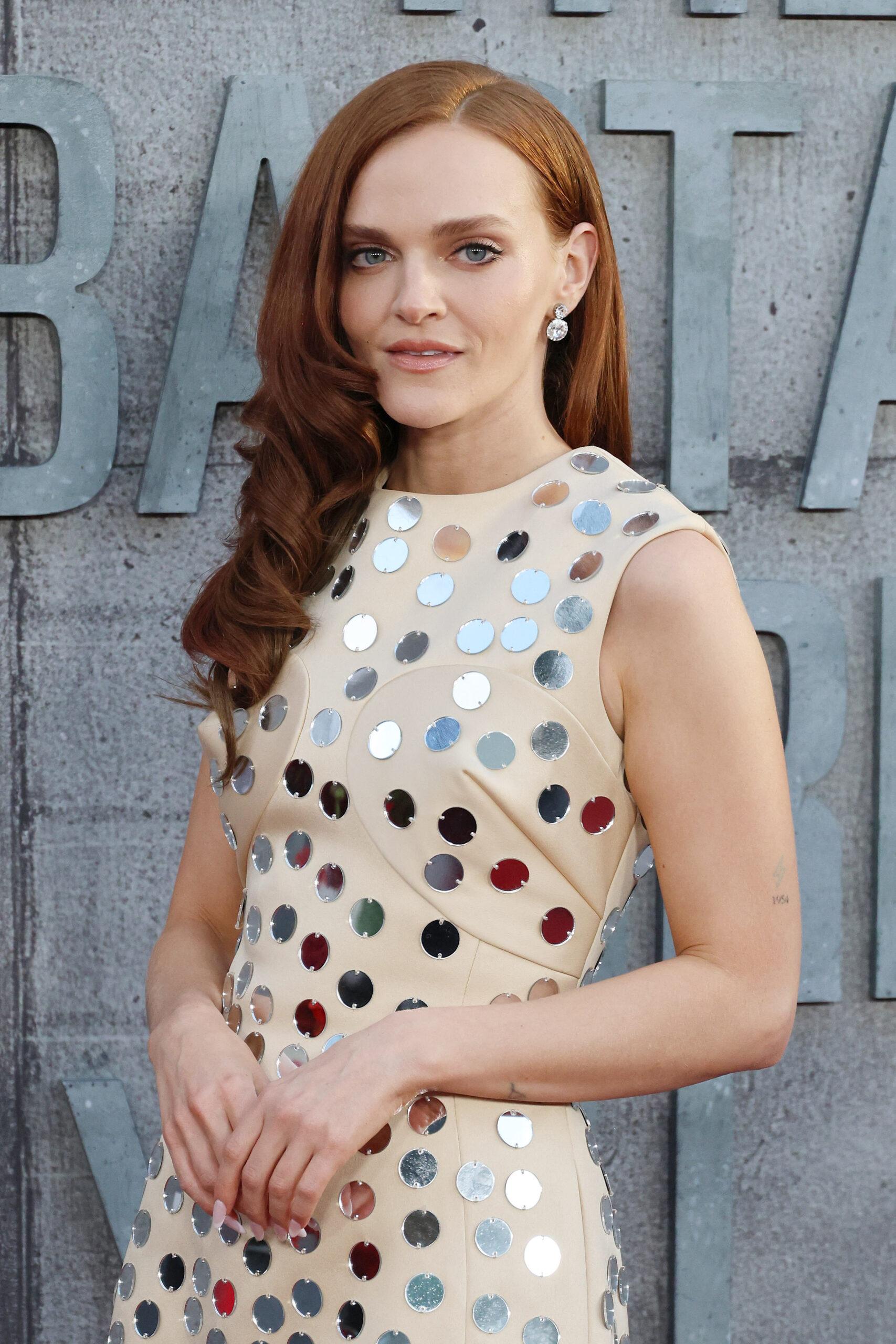
Actress Madeline Brewer, best known for her roles in "The Handmaid's Tale" and "Orange Is the New Black," has often been the target of online harassment that focuses not on her talent, but on her looks.
This kind of hyper-focus on physical appearance is deeply ingrained in culture, especially in Hollywood.
"Women have been raised to believe our attractiveness equals power," Lang told The Blast about body shaming. "Attractive women are often paid more and treated differently. That message trickles down early, and social media magnifies it."
Now, even young women with natural youth and beauty are feeling pressured to alter their appearances after seeing these high-profile celebrities fall victim to body shaming.
"We see younger women doing Botox and fillers even when they don't need it," Lang noted. "It's a constant battle in Hollywood, but it's happening everywhere."
Why Meghan Trainor's Body Is 'Never Enough' For Critics
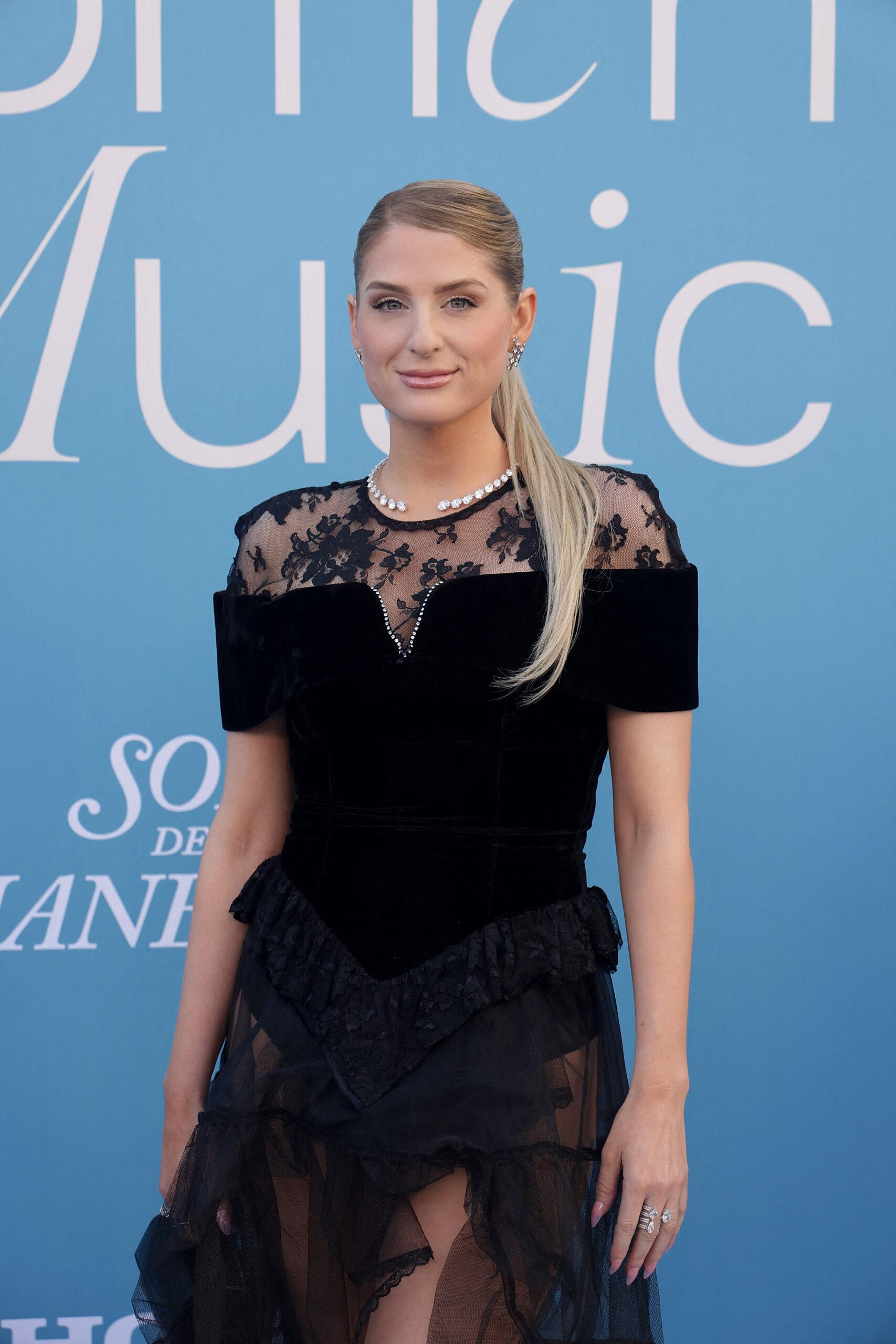
Pop star Meghan Trainor has endured criticism at both ends of the spectrum. When she was heavier, she was shamed. After losing weight, she was told her body looked "weird." It's a lose-lose scenario that sends a dangerous message to impressionable fans.
"It shows young women that they can never truly win," Lang explained. "There is no standard that satisfies everyone. That 'no-win' culture feeds insecurity and reinforces the belief that no matter what you do, you won't be enough."
Bella Ramsey, star of "The Last of Us" and "Game of Thrones," recently shared that they had to delete social media because of relentless bullying about their appearance and body shaming. While a painful step, Lang believes it's a powerful and necessary one.
"We know social media affects self-esteem. It causes us to compare ourselves to others, and most people admit that they feel worse after using it," she said. "Some women are finally seeing the negative consequences and choosing their mental health over likes."
So what can the rest of us learn from these celebrity stories?
Why A Digital Detox Might Be The Mental Health Reset You Didn't Know You Needed
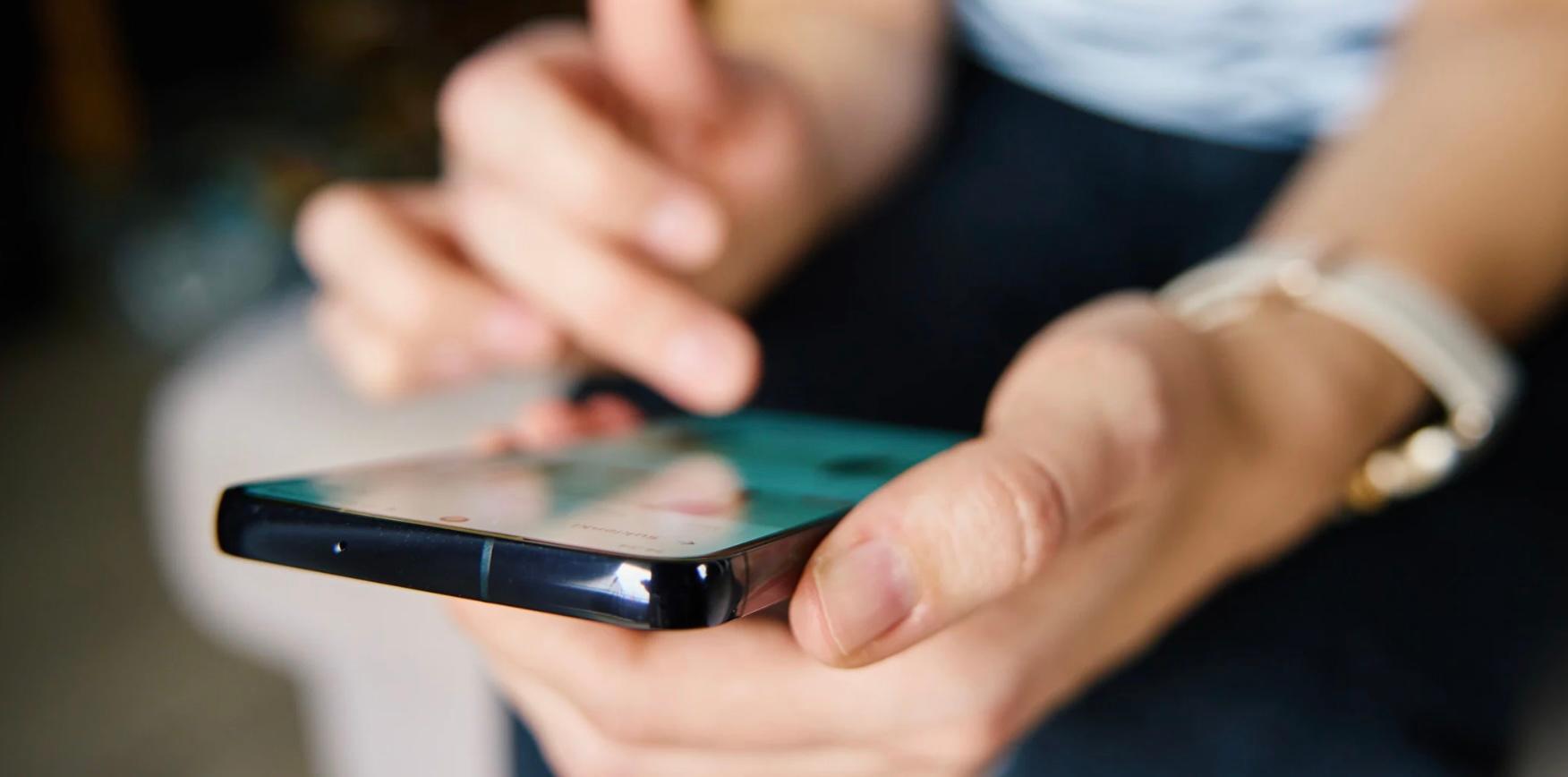
Lang recommends regular digital detoxes and becoming more aware of how social media use makes us feel.
She said, "When you start to feel stress physically or emotionally, get off your technology. Social media is an illusion. People post the best parts of their life with filters. It's not reality."
The expert also encourages individuals to reframe their inner dialogue.
"Being self-aware of your negative thoughts is the first challenge," Lang told The Blast. "Once you notice them, ask yourself: Are these thoughts true? Do they serve me in a positive way? If not, it's time to release them."
Expert Reveals How Criticism And Social Media Undermine Mental Health

According to Lang, many of the emotional issues she sees in her coaching practice, such as anxiety, depression, and disordered eating, can be traced back to repeated public or personal criticism. "When we're constantly being judged or criticized, it affirms our negative self-beliefs. It's easy to go down that path, especially when we don't meet society's standards."
Parents and caregivers also play a critical role in helping kids navigate these pressures. "You are the role model," she said. "If you're constantly putting yourself down, your kids will mimic that. Talk openly about social media, and limit their exposure when possible. Praise effort and reinforce positive values that aren't appearance-based."
If Lang could shift just one mindset in media and entertainment today, it would be this: "Self-worth is an inside job. You will not find your identity by scrolling through someone else's highlight reel. Perfection doesn't exist. Focus on being your best, not on being flawless."
If you or someone you know is facing mental health challenges, reaching out for help can make all the difference. The 988 Suicide & Crisis Lifeline offers free, confidential support 24/7, connecting individuals in crisis with trained counselors and mental health resources.